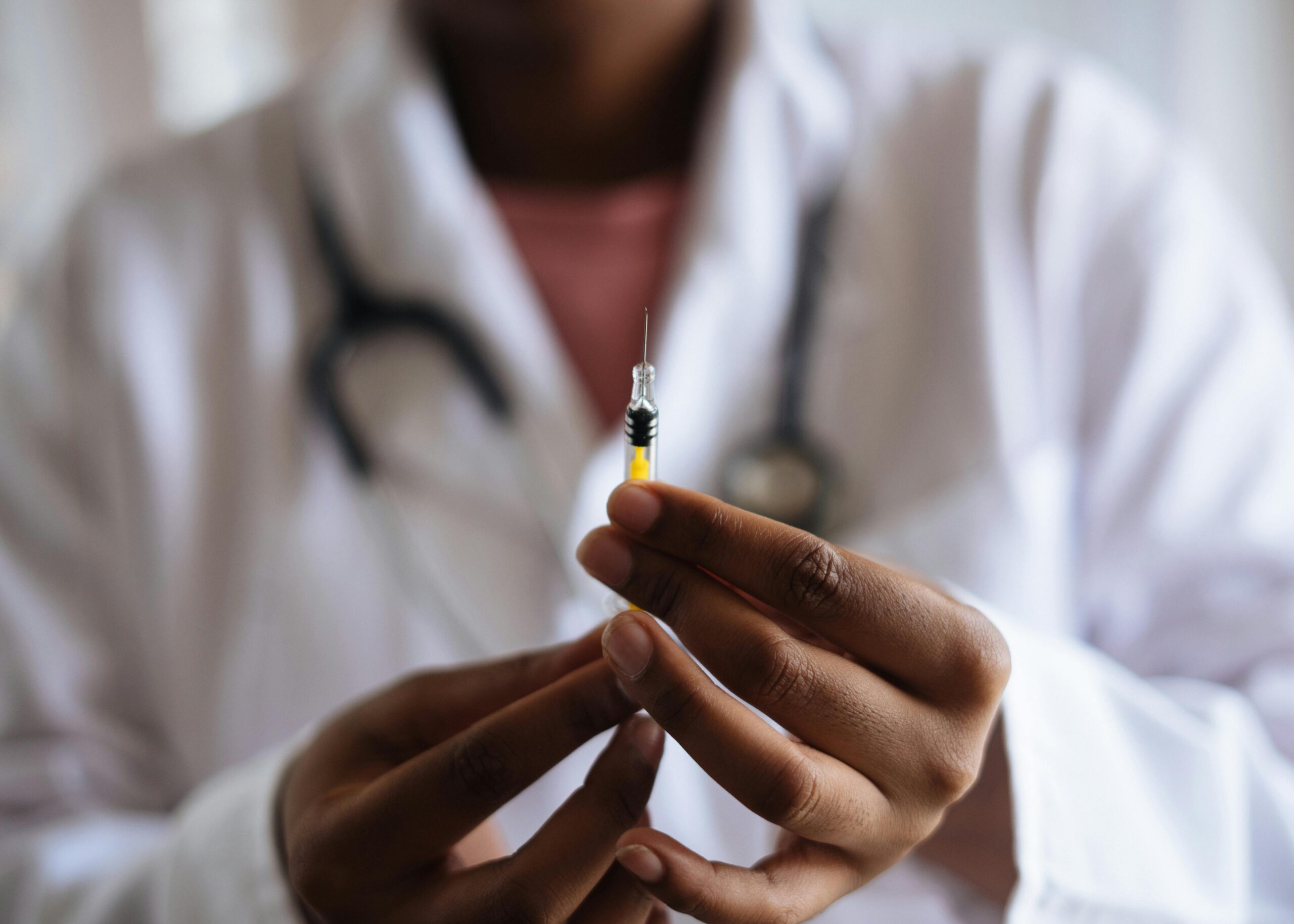News / RISE-Health Researchers Identify New Tool That Promises to ‘Revolutionise’ Nursing Education
An educational strategy that will enable students to improve nursing-related actions and procedures.

A group of researchers from RISE-Health and Santa Maria Health School analysed the impact of using ‘smart glasses’ to record and subsequently analyse student performance during clinical simulations.
“In the ClinicalModelling Project, we tested the use of smart glasses to capture high-quality (4K) audio and video in real time. The big difference is that these glasses record exactly from the perspective of the person performing the procedure — in this case, undergraduate and postgraduate students,” explains Goreti Marques, researcher at RISE-Health (RISE-Health/Santa Maria Health School), explaining that ‘students used them to record clinical procedures, such as Basic Life Support and the placement of a surgical instrument table,’ which allowed them to ‘identify errors, reflect on their own performance, and improve technical skills.’
According to experts from the RISE-Health Research Unit, the use of this technology ‘can have a very positive impact on learning and the development of technical skills, especially in structured procedures such as Basic Life Support,’ they say, explaining that “the group that used the glasses achieved more significant improvements in technical performance than the control group (which did not use them). There was a 209.1% increase in the correct execution of chest compressions and a 34.5% increase in the activation of the request for help.”
‘Although the perception of self-efficacy was similar between groups, practical performance benefited more from the integration of this technology, especially in tasks requiring coordination, visual attention and speed of response,’ points out Goreti Marques.
In the study, which included students from Portugal, Spain, Slovenia, and Poland, the students highlighted the positive impact of the tool on their performance and learning during the execution of activities such as ‘basic life support, surgical hand washing, IV cannula placement, and peripheral intravenous catheter insertion,’ according to the scientific paper.
According to the experts, the study participants emphasised that recording their performance using ‘smart glasses’ allowed them to ‘increase self-awareness, technical accuracy and motivation to improve.’ ‘Several students referred to the videos as a “mirror” that allowed them to identify subtle errors they were not previously aware of, thus contributing to a more reflective learning process,’ according to the article led by researchers from RISE-Health.
According to Goreti Marques (RISE-Health/Santa Maria Health School), in addition to using this technology, “the future of nursing education lies in combining innovative technologies with active teaching strategies. Clinical simulation, regular skills training and reflection on cases must go hand in hand with methods that encourage autonomy and critical thinking,‘ she argues, highlighting the ’continuous training of teachers and tutors in the use of new technologies and student-centred approaches” and ‘the development of socio-emotional skills — such as communication, teamwork and stress management’ as fundamental processes for responding to the challenges of nursing.
The article ‘Cross-National Student Perspectives on Video Self-Modelling in Nursing Education: Findings from the ClinicalModelling Project’, published as part of the ClinicalModelling project, was authored by Goreti Marques, Beatriz Edra, Eduardo Batalha, Joana Martins, Vanessa Sousa and Abílio Teixeira (RISE-Health/Santa Maria Health School).